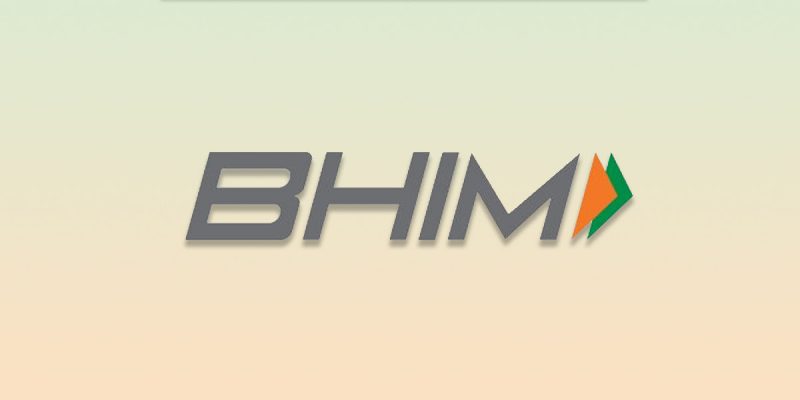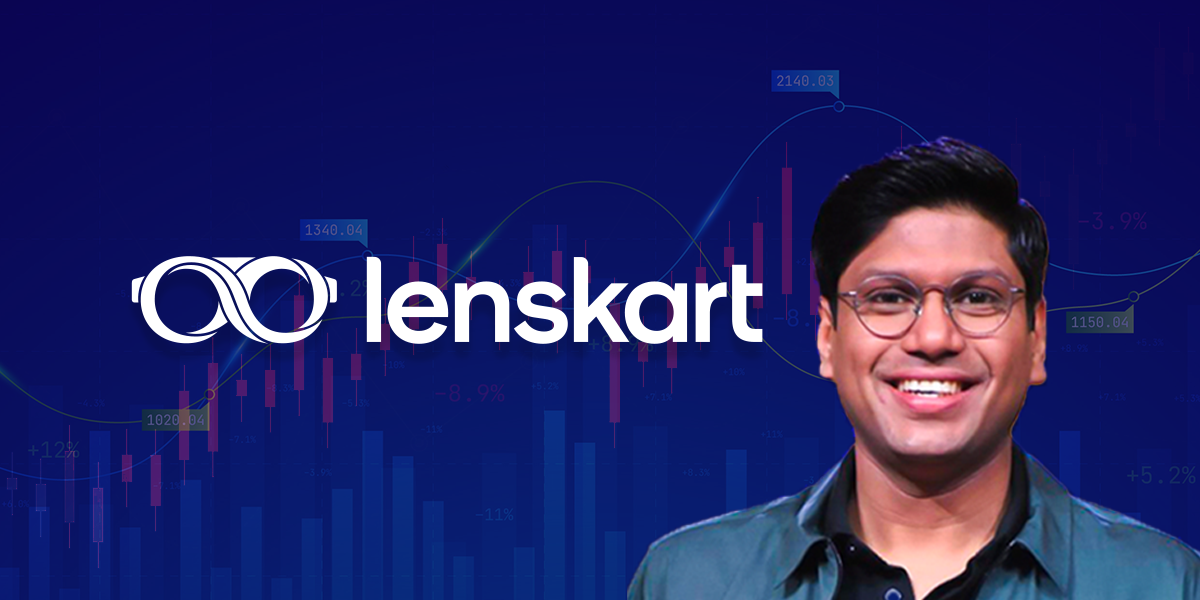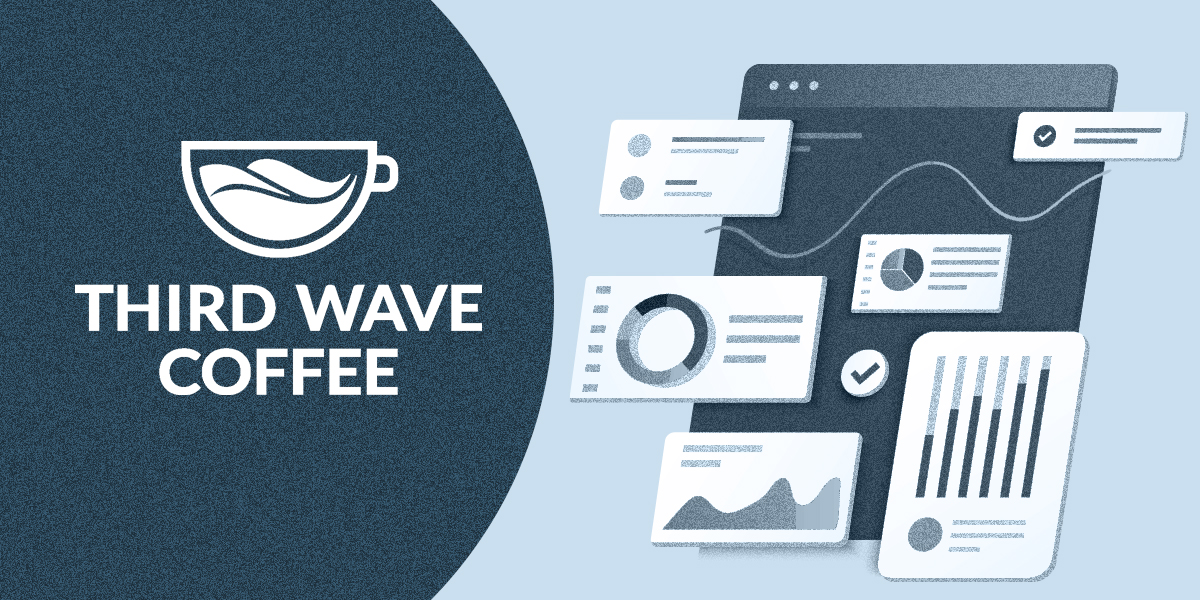While PhonePe and GooglePay have emerged as the top two players in the Unified Payment Interface or UPI, rest of the players including government-promoted BHIM are facing the heat. According to data released by NPCI, the market share of BHIM in overall UPI transactions has fallen to a new low of 0.88% in November.
UPI had recorded 2210.23 million or 2.2 billion transactions in the last month of which BHIM contributed merely 19.49 million transactions.
The value of transactions processed by the government-promoted entity has fallen sharply as well. The four-year-old platform processed only Rs 6668.02 crore in value through its funnel out of total Rs 390,999.15 crore in November.
In comparison, BHIM’s contribution to the overall UPI transaction was recorded at 0.96% in October and 0.97% in the previous month. BHIM has been facing a rough ride for the past two years. In November last year, BHIM had recorded its lowest market share at 1.29% in the overall transactions via UPI.
To reinvent itself and drive frequent use cases, BHIM started offering discounts on third-party apps such as Oyo, Railyatri, Zoomcar, ShopClues, Faasos (now EatSure) and Box8 in November last year. However, such partnerships didn’t work out and this was evident from its performance since the beginning of this year.
While the current market share of top UPI-enabled apps including PhonePe and Google Pay could not be ascertained, PhonePe dominated with more than 40% market share and 835 million transactions in October followed by Google Pay’s 39.5% or 819 million transactions. Paytm and Amazon have close to 12% and 6% market share, respectively.
Meanwhile, NPCI has been trying to control the duopoly and keep a tab on the accumulating UPI volume to certain entities. The umbrella organization for retail payments in India had recently announced a cap of 30% on the total volume of transactions processed in UPI for all third-party app providers or TPAPs.
According to NPCI, the move will be applicable from January 1, 2021, and it will help address the risks and protect the UPI ecosystem as it further scales up.














